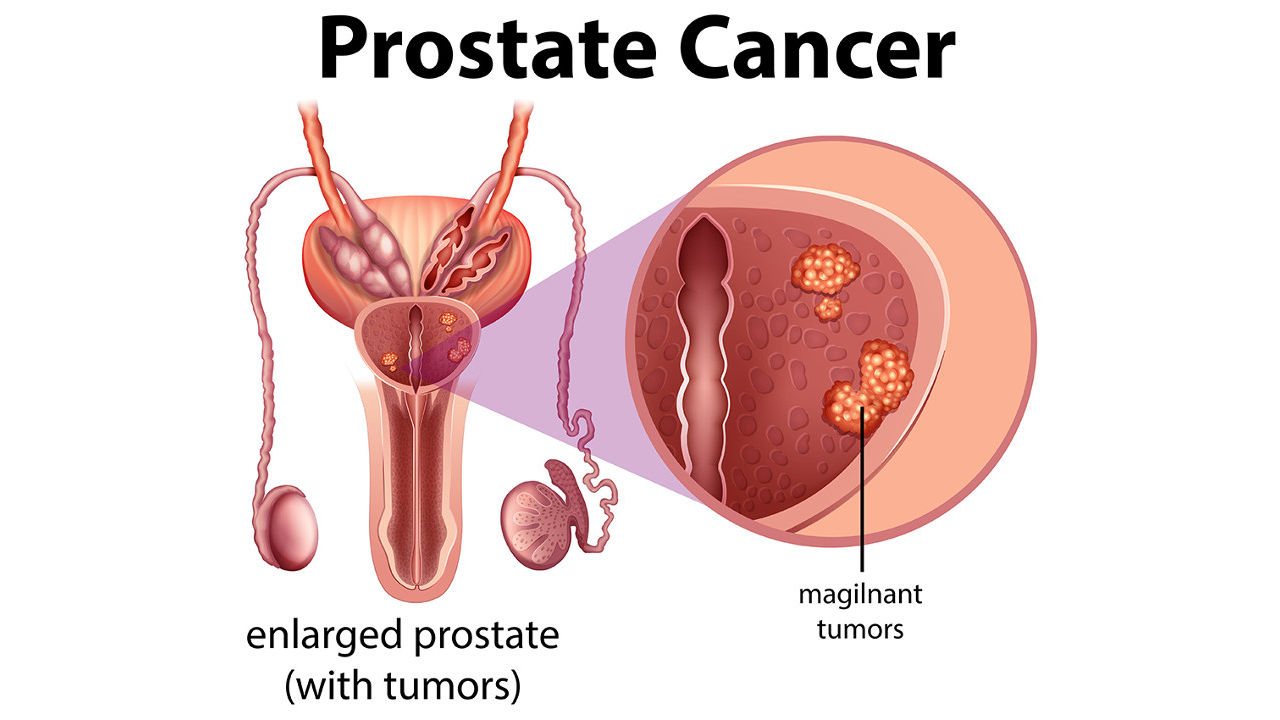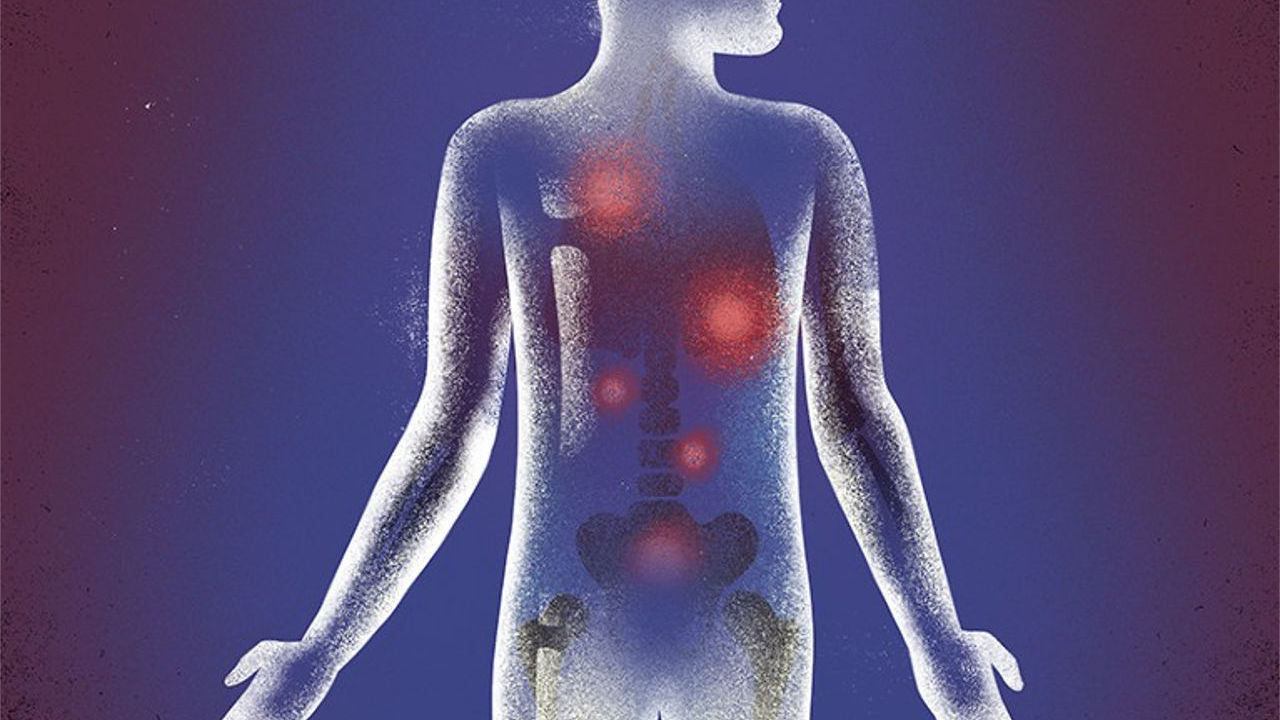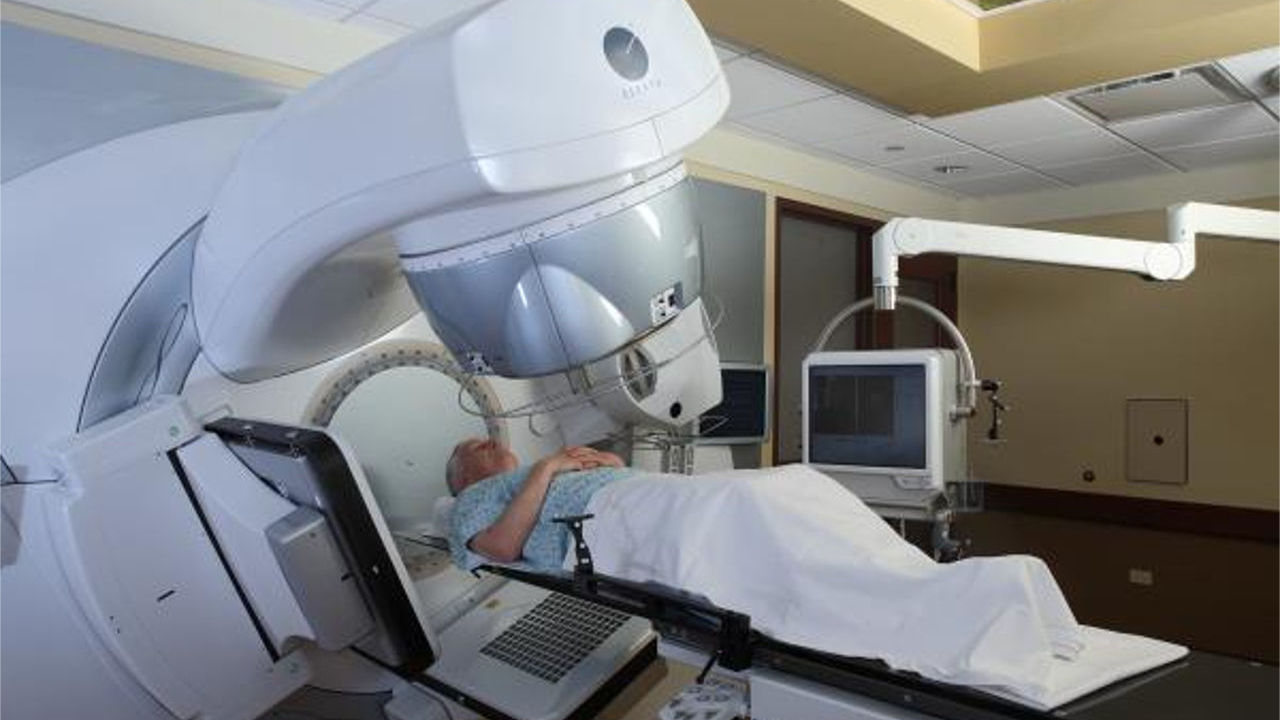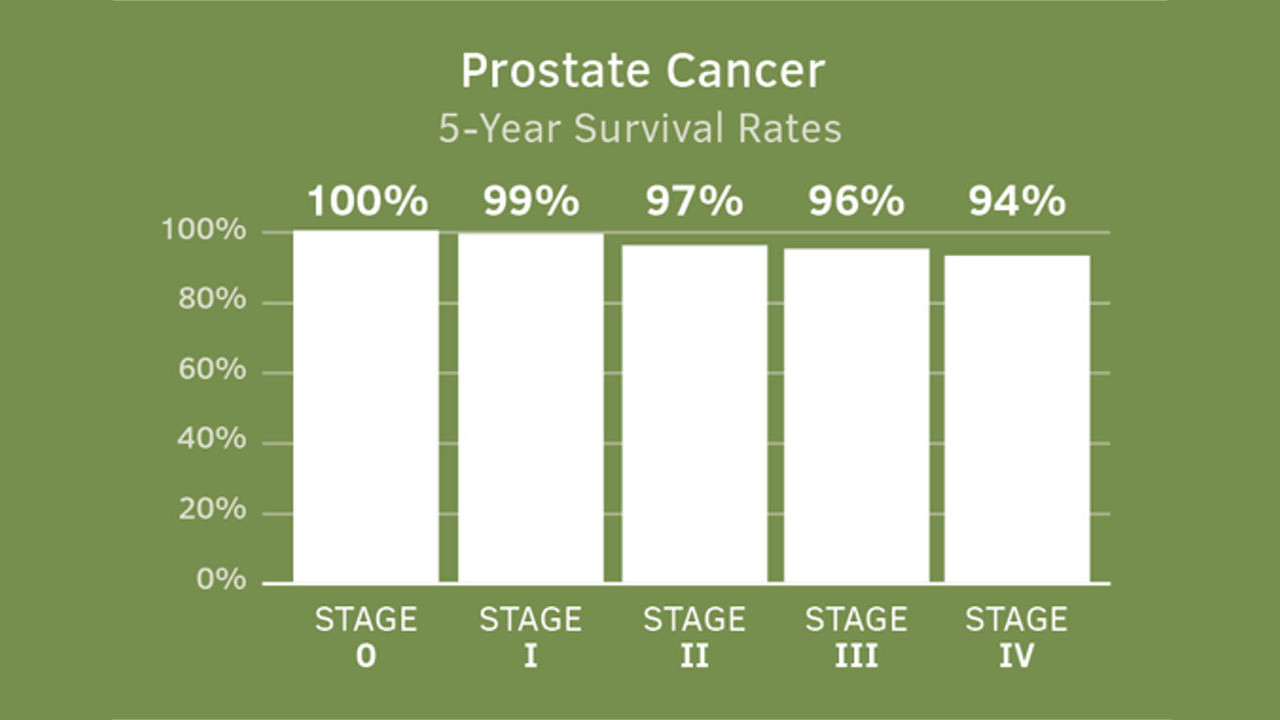Delving into ‘How Long Does It Take to Die From Stage 4 Prostate Cancer’? Despite the severity, many men can live extended years owing to advanced treatments that curb its progression and alleviate symptoms. Among these treatments is the chemotherapy drug docetaxel (Taxotere). Additionally, medications like bisphosphonates can aid in reducing pain and preventing bone damage. Alongside these medical interventions, focusing on prostate nutrition can play a pivotal role in enhancing overall well-being during this challenging time.
The Anatomy of Prostate Cancer

Every journey begins with understanding the terrain, and prostate cancer is no different. Residing below the bladder, the prostate gland plays a crucial role in the male reproductive system. Prostate cancers, primarily adenocarcinomas, originate in this gland. The cancer cells within these tumors can be slow-growing or aggressive, leading to vastly different patient experiences and outcomes.
Diagnostics: From Symptoms to a Prostate Cancer Diagnosis
Early stage prostate cancer often remains silent, with symptoms staying undercover. But as the disease progresses, signs like frequent urination, pain, and blood in the urine or semen may surface. The process of diagnosing includes physical examination, PSA levels check, and biopsy. A higher Gleason score points towards aggressive prostate cancer cells, which might spread faster.
Metastatic Prostate Cancer: Beyond the Prostate
When prostate cancer cells decide to travel, they can invade nearby areas, from seminal vesicles to distant lymph nodes. If cancer has spread to other organs, such as the bones or liver, it’s termed as metastatic prostate cancer. Such advanced stage penetration comes with its challenges, making treatment a more complex endeavor.
Treatment Tales: From Radiation to Hormone Therapy
Once diagnosed, treatment options span a broad spectrum. Active surveillance or watchful waiting is recommended for less aggressive cancers. But when the cancer is advanced or aggressive, treatments like radiation therapy target the entire prostate.
Hormone therapy, aimed at reducing testosterone levels, can slow down or even halt tumor growth. Two primary hormone therapy options are medical castration, involving drugs like luteinizing hormone-releasing hormone (LHRH) antagonists, and surgical castration. Medical castration, often termed “chemical,” is reversible, unlike its surgical counterpart. Another strategy is the use of anti-androgens, medications that block testosterone from encouraging prostate cancer cells.
Combating Advanced Prostate Cancer
For those grappling with advanced prostate cancer, therapeutic options have grown compared to a decade ago. Treatments aim to contain cancer spreading, reduce bone complications, and improve overall life quality. The goal isn’t just extending life expectancy but also enhancing the quality of the journey.
Prostate Cancer Prognosis: Survival Rates and Beyond
The prognosis for prostate cancer depends largely on when it’s diagnosed. Men diagnosed early, with cancer restricted to the prostate, have a favorable survival rate. But stage 4 prostate cancer, especially when spreading to other organs or distant lymph nodes, poses challenges. The American Cancer Society provides updated survival rates, but it’s essential to remember that every patient’s journey is unique.
The Immune System: The Body’s Natural Defense
Our bodies are equipped with an incredible defense mechanism—the immune system. In recent years, alongside conventional prostate cancer treatment, treatments that empower this system to recognize and battle cancer cells have emerged. These treatments, known as immunotherapies, offer hope, especially when traditional approaches might not yield desired outcomes.
Living with Stage 4 Prostate Cancer
Navigating the journey after having prostate cancer diagnosed presents more than just medical challenges. Beyond the methods to treat prostate cancer and the survival rate statistics, there’s a profound human dimension to consider. As the cancer progresses, patients, along with their families, grapple with a myriad of emotional, physical, and mental hurdles. The pillars of support groups, therapeutic counseling, and transparent conversations with medical professionals become invaluable. Always bear in mind: the journey isn’t solely about survival; it’s about flourishing in the face of adversity.
Facing the Future with Hope and Resilience
Cancer might be a formidable opponent, but the human spirit, backed by advancements in medicine and sheer willpower, can work wonders. Each day brings new hopes, therapies, and stories of resilience, proving that numbers can’t define a patient’s spirit or journey.
Conclusion
In our quest to answer “How Long Does It Take to Die From Stage 4 Prostate Cancer,” we find that it’s not a singular path but a mosaic of experiences, treatments, and outcomes. Amidst the uncertainties, there’s hope, progress, and a testament to human endurance and spirit.
Frequently Asked Questions
- How does hormone therapy impact prostate cancer? Hormone therapy targets the testosterone levels in the body, which can fuel the growth of prostate cancer cells. By either reducing testosterone or blocking its effects, the progression of cancer can be slowed or halted.
- Is stage 4 prostate cancer curable? Stage 4 prostate cancer is advanced, meaning it has spread beyond the prostate. While it might not be curable, treatments can control its progression, manage symptoms, and extend life.
- How does one cope emotionally with a stage 4 prostate cancer diagnosis? Emotional well-being is paramount. Counseling, support groups, open dialogues with family, and seeking mental health professionals can be beneficial. Remember, it’s okay to seek help.
- What role does the immune system play in fighting prostate cancer? The immune system is our natural defense. Immunotherapies aim to boost or modify the immune system to recognize and combat cancer cells more effectively.
- Are there new treatments on the horizon for advanced prostate cancer? The field of oncology is ever-evolving. Research is ongoing, with clinical trials and new therapeutic strategies emerging regularly. It’s always a good idea to discuss with an oncologist about the latest treatments and potential participation in trials.



